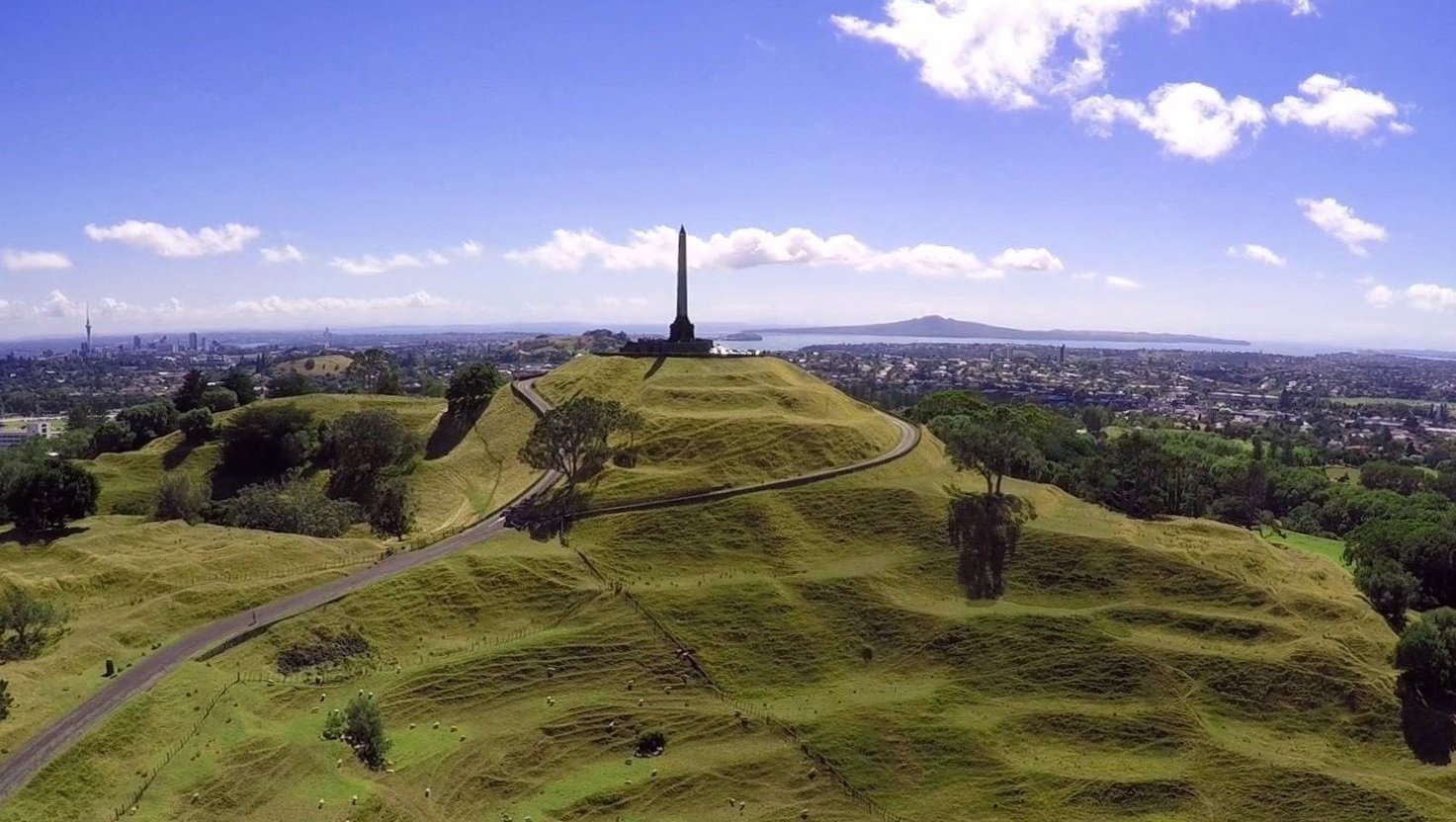
The 1993 Lusk Report investigated perpetually renewable leases in Auckland. Big changes resulted except for Cornwall Park leaseholders.
Other leaseholders were offered the chance to buy the freehold or it was written into their lease agreements giving them ways out.

In the Lusk Committee’s opinion the Trust Boards have a moral and social responsibility, if not a legal one to consider the lessees’ submissions and introduce changes.

In 1993 the Government Lusk report proposed that anyone who had a leasehold residential property should receive full compensation for their improvements on non renewal of their lease. All the parties to the Lusk report agreed to freehold instead.
Cornwall Park wasn’t a part to the Lusk report and while it did freehold in the early 1980’s it has never done so again, refusesto discuss it and won’t pay fair compensaiton for improvements to homes or newly built homes on their land.
The Lusk report into leasehold land
History
The Inquiry was initiated in May 1992 by the then Minister of Justice into leases of the Auckland Health Board, the Dilworth Trust Board, the General Trust Board of the Diocese of Auckland, the Melanesian Mission Trust Board, the New Zealand Anglican Church Pension Board and the St Johns College Trust Board.
The Cornwall Park Trust Board was not a party to the Inquiry as it had recently given its lessees two separate opportunities to freehold their properties.
Extent of inquiry
The extent of the Inquiry was quite wide, including whether rental reviews were fair, whether the procedures, valuation and pricing methods were reasonable and appropriate, whether action including the enactment of legislation was necessary or desirable in respect of any unsatisfactory or undesirable practice.
Conclusions
This article notes the conclusions and recommendations which are still relevant at the present time to Cornwall Park ground leases.
The first relevant conclusion from the Lusk report is that all the parties, their lawyers and their valuers accepted that if a lease restricts the use to which the property can be put, then under the law of New Zealand, it could not be assessed for a higher zoned highest and best use. The Cornwall Park ground leases all restrict the use to a single dwelling.
Cornwall Park lease
The Cornwall Park Trust Deed provides that the leased land should be held and used by the Cornwall Park Trust Board to provide an income for the Park.
Most of the parties to the Lusk Inquiry had similar restrictions in their Trust Deed. Notwithstanding that, all of them, where necessary applied for and got permission from the High Court to offer the freehold of their lands and all of them offered the freehold to their lessees or wrote an option to freehold into their lease.
In any event, the Cornwall Park Trust Deed allows the trustees to sell the freehold of the leased properties … they have already done so in two rounds of freeholding. So no obstacle to freeholding here.
Improve the leases
The report also looked into the future, including the conduct of leasing authorities and recommended:-
21.8 The inequality of the parties’ position has already been noted. Some consequences of the lease terms into today’s changed circumstances are unfair (e.g. “the locked in people”), and others are undesirable. It is also undesirable that there should be prolonged publically expressed dissatisfaction and discord between lessor and lessee to the degree that it has now severely affected the market for leasehold properties, and further disadvantaged the very people already worst affected. If allowed to continue and intensify these features and others may mean that at some time legislation is necessary in the public interest.
“Moral duty to change leases”
21.9 “much of the present dissatisfaction results from the distant and legalistic attitude and practices of the leasing authorities and their relationships with lessees, their failure to recognise the need for changes to be made to accommodate changes in the social and economic climate.
21.10 “ leasing authorities are the dominant party, …. the only party capable of changes to the present system. In the Committee’s opinion they have a moral and social responsibility, if not a legal one to consider the lessees’ submissions and introduce changes.
21.11 ……the Trustees need to reassess entirely the image they currently project to lessees, and the lessee relationship and communication practices of their secretariat or others whom they have appointed to administer their leases.

The Lusk report: The disadvantaged groups of lessees shouldn’t be left with no alternatives but to renew leases, and remain “locked in” to a rental obligation they cannot afford, only because if they refuse to accept renewal the improvements they have paid for will revert to the lessor at no cost, leaving the lessor free either to re-lease, or to sell the property as a freehold one
Questions & Answers
Is Cornwall Park negotiating with leaseholders?
No, the next round of 21 year leases are coming up, One person has already walked off. Trustees are refusing to explore reasonable lease rentals or freeholding. Leases will be offered that no one would sensibly pay.
Are these leases banned elsewhere?
Yes, the Glasgow lease was banned in the UK. A typical house with land valued at say $3 million will face a lease of $150,000 per annum. That far exceeds the market rent of $65,000 for a comparable house . So ground leases are hopelessly uneconomic.
Will you help us & sign the Parliamentary petition?
We have begun a petition to ask Parliament to change the law to ensure that Cornwall Park Trust Board (and other ground lessors in New Zealand) have to pay fair compensation to lessees on their improvements (their homes) when they take back the land. See the Take Action button above